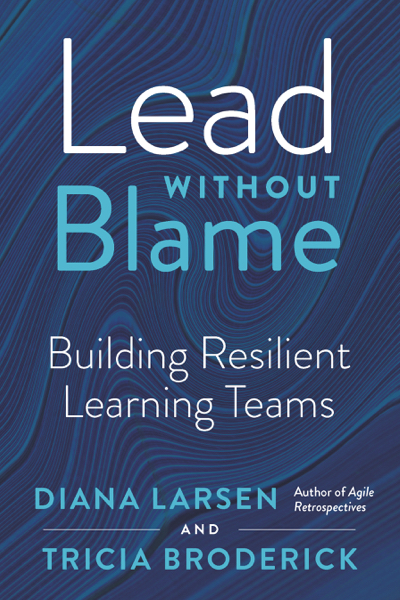So I’ve mentioned that in my 1-1s, I leverage exercises. When I’m starting off new direct report relationships, one of my favorite exercises is by Jurgen Appelo with Management 3.0 (https://management30.com/product/moving-motivators/). The site is fantastic at explaining the exercise and gaining access to a set of cards. I’m going to focus on how I’ve leveraged this material and the results I’ve experienced.
Although, I find value in the original intent of the exercise, I’ve modified it for the purposes of learning what motivates (in general) my team members. I print these cards and then simply ask the person to “Put these in priority order from left (highest) to right (lowest) what motivates you”. After they have finished ordering them, I lay down my cards in priority order next to theirs. I then ask a series of questions (in no particular order):
- Share a little why you placed these 3 at the top
- Share a little why you placed this at the bottom
- Was it difficult to determine the order?
- Is there a right order?
- If you had done this a few years ago, would your order be different?
- Would you order be different in a few years from now?
- Is it possible to have your order be influenced by your current situation?
- What do you see is the same between our lines?
- What do you see is different between our lines?
- Why is it important for me to know what is at the top of your line?
Note: Of course, I’ve asked other questions based on what naturally occurs during the conversation.
Here are some of the key benefits that this exercise has resulted in:
- Example: This exercise encompasses reflection, ownership, collaboration, sharing, and awareness of motivating factors…such a great way to lead by example.
- Discussion: If you just sort the cards and say thank you, FAIL! This helps set a foundation to have quality discussions about what is important to each person. This exercise helps demonstrate people can be different and they can talk about it in a healthy way.
- Trust: How comfortable is the person to order this in front of you? How much are they sharing? How much are you sharing? This is an opportunity to build trust.
- Knowledge: You now possess knowledge about what motivates your team, which may be different than what motivates you. Leverage this information when presenting opportunities – think what’s in it for them not why I would want to do this.
As a result of these experienced benefits, this continues to be one of my favorite exercises.
How might you leverage this exercise?





2 Comments